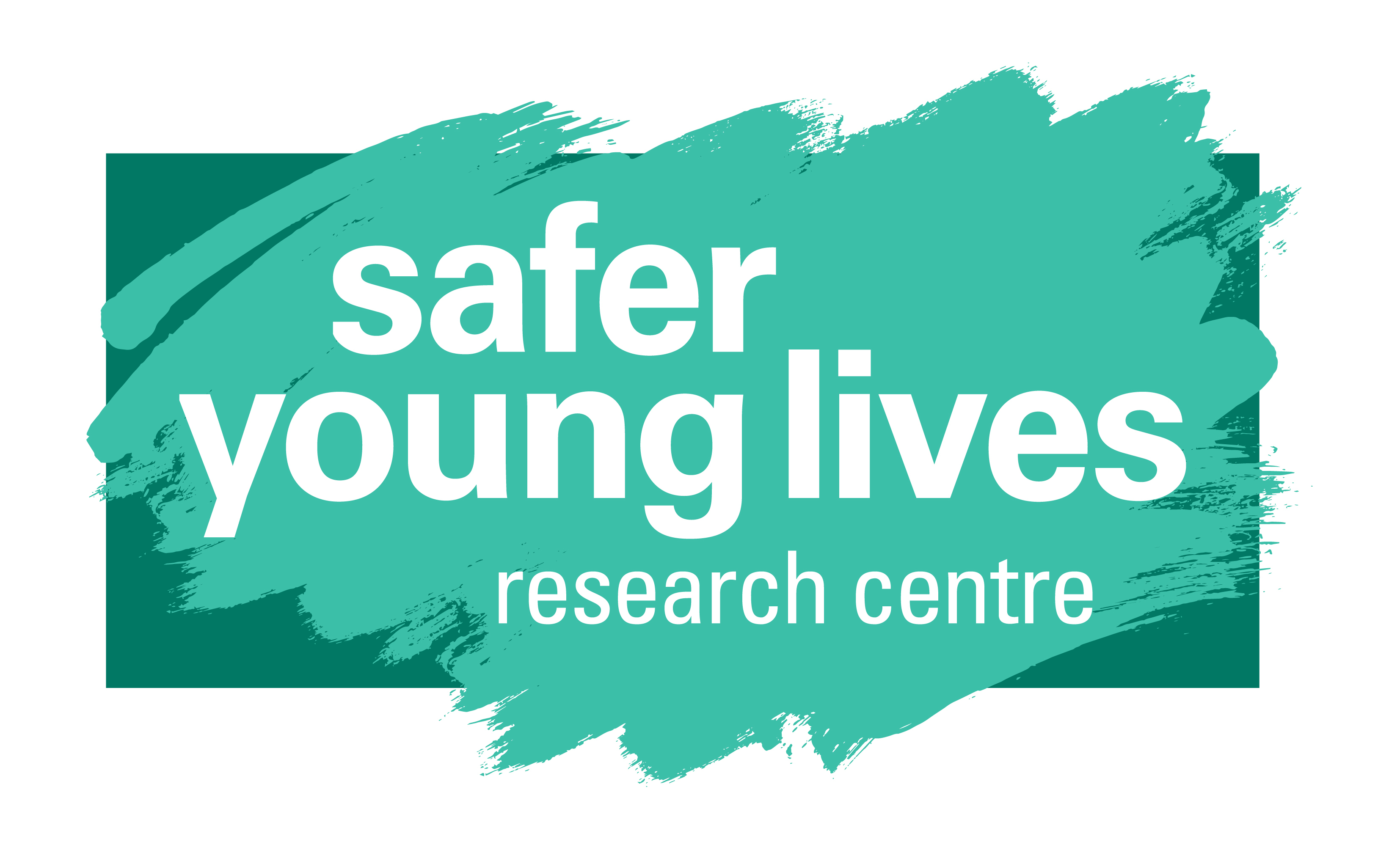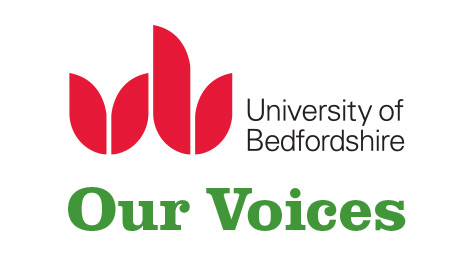‘Learning through doing’: a child rights approach to participatory practice

This blog post was originally published on the University of Bedfordshire’s International Centre Blog.
The International Centre is currently coordinating a two-year project, funded by the European Commission, which seeks to develop knowledge, skills and understanding of a child rights approach to safe and ethical participatory practice.
We are working with partners in four countries – The Netherlands, Bulgaria, Romania and Hungary.
A central aim of the project is to develop confidence among practitioners and strengthen commitments to participatory practice when supporting children and young people who are affected by sexual violence. One way in which we sought to do this was through the delivery of a four-day course on participatory practice for specialist sexual violence service providers.
Here, Kate D’Arcy and Elizabeth Ackerley (researcher and attendee on course) share some reflections from the course.
Participation has a variety of meanings. It is frequently used in different ways and there is little training on how to deliver effective participation work with young people affected by sexual violence. The first step was therefore to write and pilot a four-day course to explore what participatory practice looks like. The aims of the course were:
- To improve knowledge, skills and understanding of a child-rights focus to safe and ethical participatory practice.
- To develop confidence and a commitment to participatory practice when supporting children and young people who are affected by sexual violence.
- To support practitioners to become ‘champions’ in advocating participation.
- To develop action plans to improve and embed participatory practice in specialist sexual violence provision for children and young people.
The Training
On Monday 25th April, 28 people gathered together in Middlesbrough at the MIMA Art centre for a four-day course on improving participatory practice for those working with young people affected by sexual violence. Attendees included the project’s country partners and 20 other people who are currently working with or managing prevention and/or support services for young people affected by child sexual exploitation and other forms of sexual violence.
The training was designed to be experiential and skills based. Practitioners were ‘learning by doing’ by taking part in group discussions; interactive and creative exercises; skills and practice exchange. They left with resources and ideas that can be applied in their day-to-day work.
Highlights
Young people led a session on children’s rights and the importance of their involvement in activities and procedures. They engaged course attendees in discussions about the extent to which children’s rights are being upheld in the UK and elsewhere in Europe using research that promotes the voices of children and young people.
During this session course attendees also participated in a variety of different activities highlighting structural inequalities, the multifaceted nature of working with children and young people affected by sexual violence and the various ways in which children and young people can and should be involved with services.

The group were all committed and enthused about participation. The group was made up of people from different organisations with varying levels of experience of participatory work with children and young people. One of the most positive aspects of the training was the chance to hear about challenges and examples of good practice from other participants and share this learning.

The ‘Participation Champion’. In groups participants came up with a list of ideal skills, qualities and attitudes that a ‘Participation Champion’ needs to have. The idea now is for participants to try to embody as many of these as possible when working with children and young people and developing ethical participatory ways of working.

Key learning points from Liz’s perspective as a participant:
“I found it hugely beneficial taking part in a variety of activities that can be used when working with children and young people. The constant stimulation and physical act of taking part gave me the confidence to plan to use these activities in future and sparked new ideas for creative and fun ways of working with children and young people.
I particularly enjoyed the focus on children’s rights and seeing participatory work as a fundamental way of upholding these rights. I found the discussions about participation theory and power really beneficial to help me to think through how to best involve children and young people in the work that I do in a meaningful and equal way.
There was a huge amount of expertise in the room from the other participants and this was so helpful in thinking through some of the challenges involved with this work and working through these. The enthusiasm and commitment to participation from every person on the course made it a great learning environment.”
For more information about the project please contact: Kate.D’Arcy@beds.ac.uk






